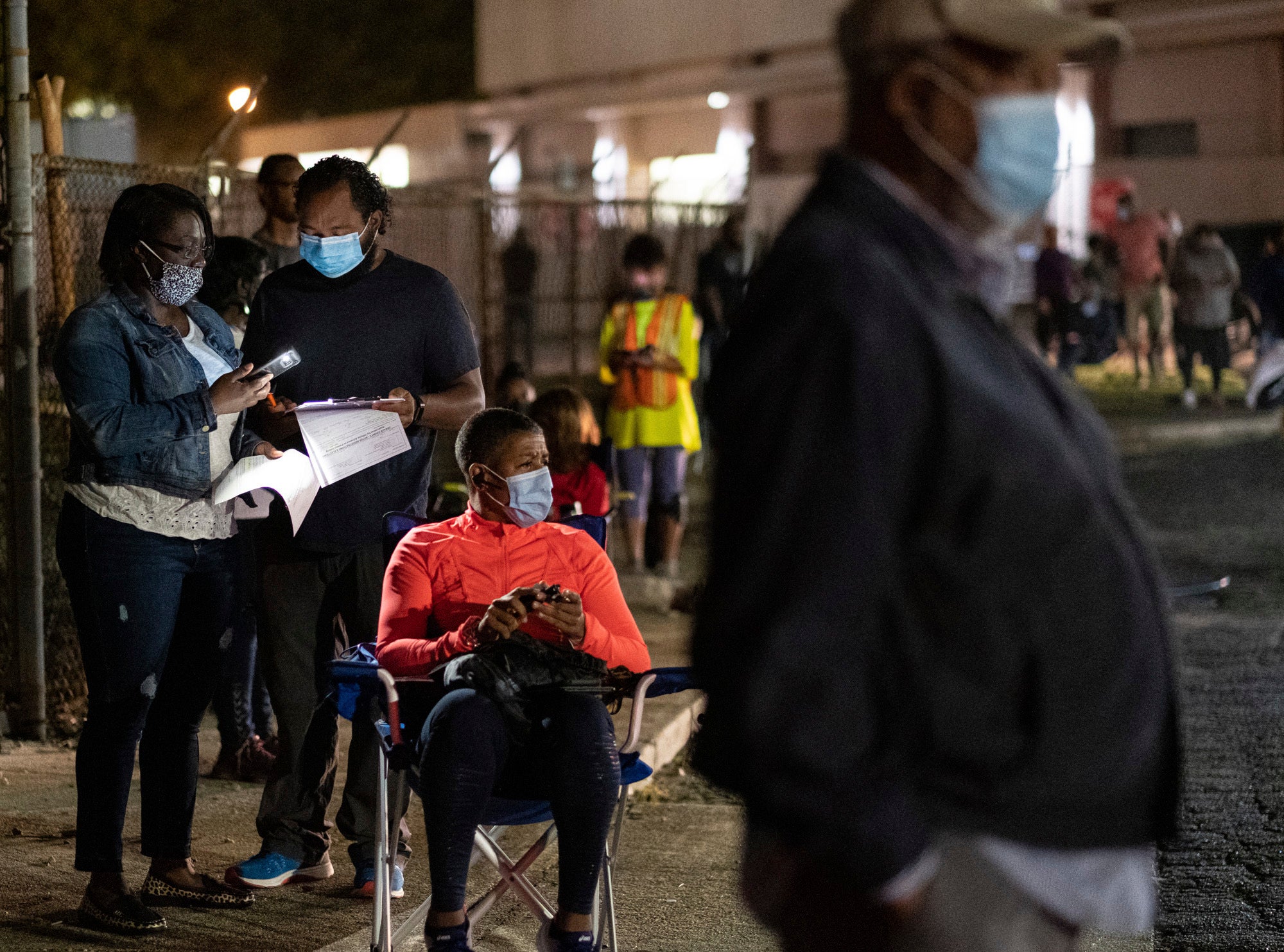Black scholars form effort to fight trolls, disinformation
A group of U.S. Black scholars, activists, and writers has launched a new project combat misleading information online around voting, reparations and immigration

Your support helps us to tell the story
From reproductive rights to climate change to Big Tech, The Independent is on the ground when the story is developing. Whether it's investigating the financials of Elon Musk's pro-Trump PAC or producing our latest documentary, 'The A Word', which shines a light on the American women fighting for reproductive rights, we know how important it is to parse out the facts from the messaging.
At such a critical moment in US history, we need reporters on the ground. Your donation allows us to keep sending journalists to speak to both sides of the story.
The Independent is trusted by Americans across the entire political spectrum. And unlike many other quality news outlets, we choose not to lock Americans out of our reporting and analysis with paywalls. We believe quality journalism should be available to everyone, paid for by those who can afford it.
Your support makes all the difference.A group of U.S. Black scholars activists and writers has launched a new project to combat misleading information online around voting, reparations and immigration, supporters announced Friday.
The newly formed National Black Cultural Information Trust seeks to counter fake social media accounts and Twitter trolls that often discourage Black voters from participating in elections or seek to turn Black voters against other communities of color.
Jessica Ann Mitchell Aiwuyor, the project’s founder, said some dubious accounts behind the social media #ADOS movement — which stands for American Descendants of Slavery — have urged Black voters to skip the presidential election.
Some accounts also use the hashtag to flame supposed divisions between African Americans and Black immigrants from the Caribbean and Latin America, she said. Most recently, some social media users have used #ADOS to blame Somali immigrants in Minneapolis for the May 2020 death of George Floyd rather than the police officer charged with killing him.
“The disinformation used to target Black communities is cultural,” said Aiwuyor, an African American activist and scholar. “It’s cultural disinformation, which uses cultural issues to infuse false information and cause confusion.”
Aiwuyor said some social media accounts are using “digital Blackface” — posing as Black users when they aren't — or resurrecting old accounts that haven't tweeted in four years to spread false information about where to vote or where candidates stand on issues.
Members of the National Black Cultural Information Trust plan to monitor social media posts and flag those spreading misleading and fake stories. They plan to use crowdsourcing, website tools that show if accounts have troll-like behavior, and scholars on standby to counter any claims about slavery or voting.
Through its website, the project will direct users to discussions and stories around Black voting and U.S. reparation supporters who reject xenophobic rhetoric and push coalition-building with Black immigrants and Latinos.
___
Russell Contreras is a member of The Associated Press’ Race and Ethnicity Team. Follow him on Twitter at: http://twitter.com/russcontreras